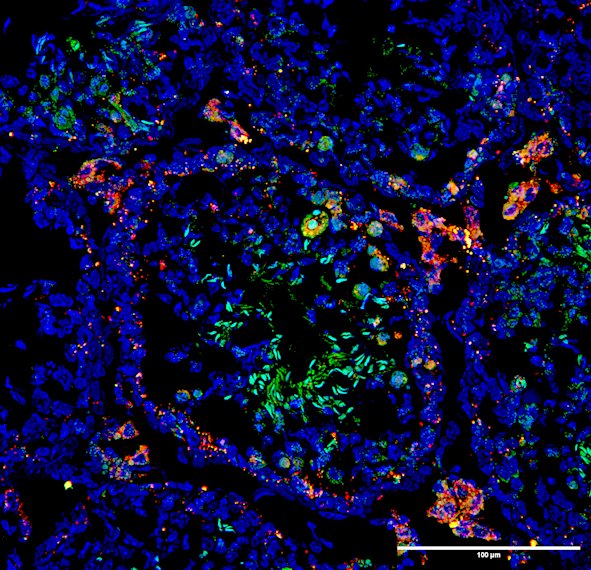Sertoli Cells: A Promising Therapy for Inflammation-Induced Male Infertility

Infertility and impaired fertility are a growing global health concern. A significant contributor to this rise in male infertility is inflammation-induced testicular damage. Unfortunately, traditional treatments during inflammation often fail to restore fertility, creating a need for innovative approaches such as cell therapy.
The testicular environment is uniquely designed to ensure proper reproductive function, with Sertoli cells playing a critical role. Sertoli cells are the only cells that interact directly with developing germ cells. They establish the blood-testis barrier, provide essential nutrients, and create a supportive environment for sperm development. In addition, Sertoli cells help maintain the immune privileged status of the testes, protecting reproductive tissues from inflammation and preserving fertility.
Recent research has revealed that Sertoli cells possess impressive immunoregulatory capabilities, positioning them as promising candidates for cell-based therapies. These properties are typically associated with mesenchymal stem cells (MSCs), which have been widely studied in regenerative medicine for their immunomodulatory capabilities. Our recent study by Porubská et al. (2021) showed that Sertoli cells share many similarities with MSCs cells in their ability to regulate immune responses.
Based on these findings, our study investigated the therapeutic potential of Sertoli cells in a mouse model of LPS-induced testicular inflammation. We focused on their effects on the immune response, in particular their influence on macrophages, a key immune cell population in the testis. Our results showed that Sertoli cells can home to inflamed testicular tissue when injected intravenously, where they have a powerful impact on the immune system. Sertoli cells significantly reduced neutrophil infiltration and shifted macrophages to a more anti-inflammatory phenotype.
Importantly, SC application had a protective effect on key sperm parameters, preserving sperm count, motility and kinematics. SC treatment also helped maintain the structural integrity of the seminiferous tubules, which are essential for sperm production. These findings suggest that SC transplantation has great potential for the treatment of inflammation-induced testicular damage, offering a promising strategy for the treatment of male infertility.





















